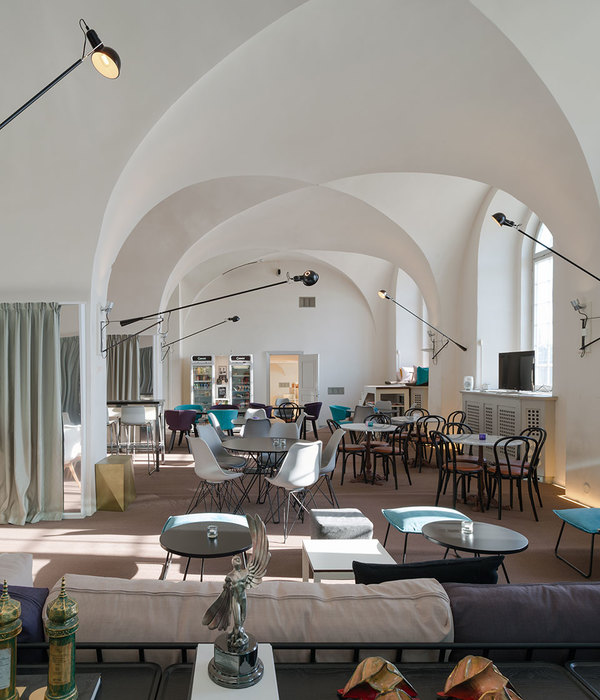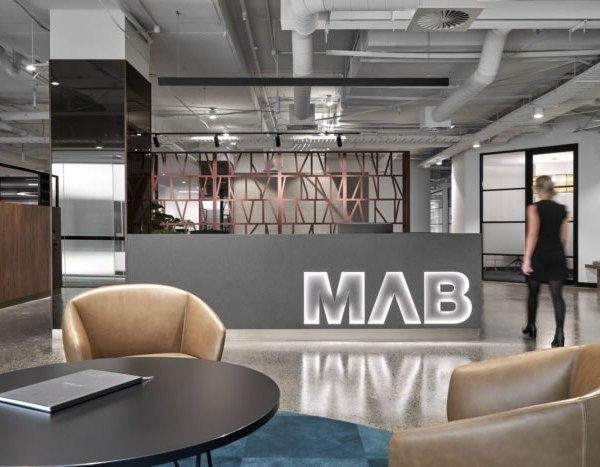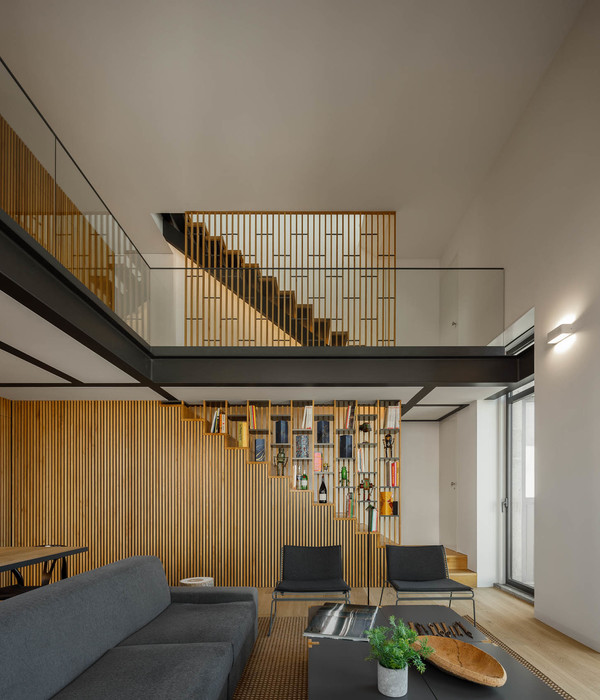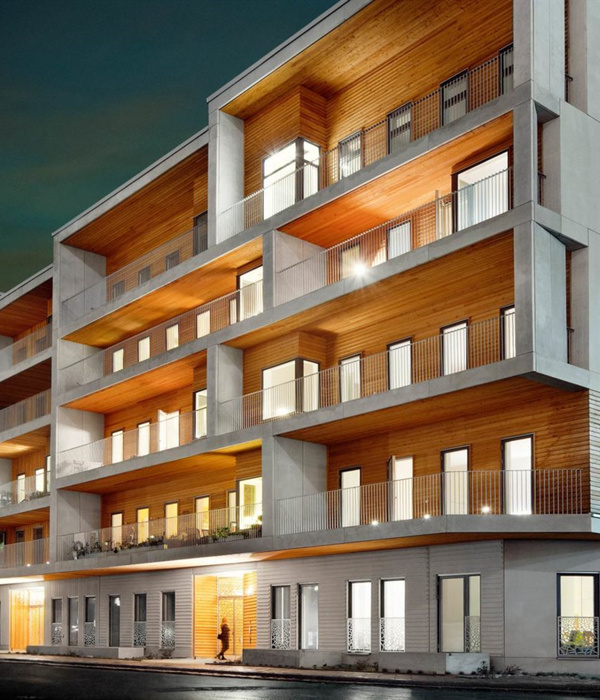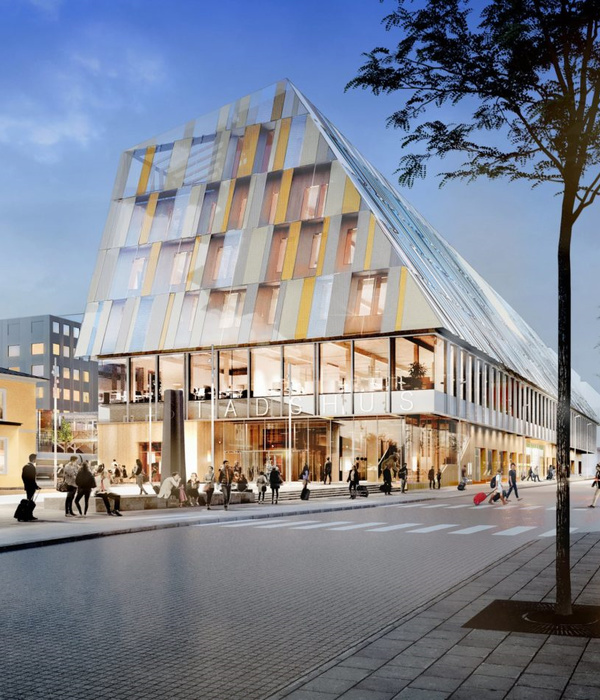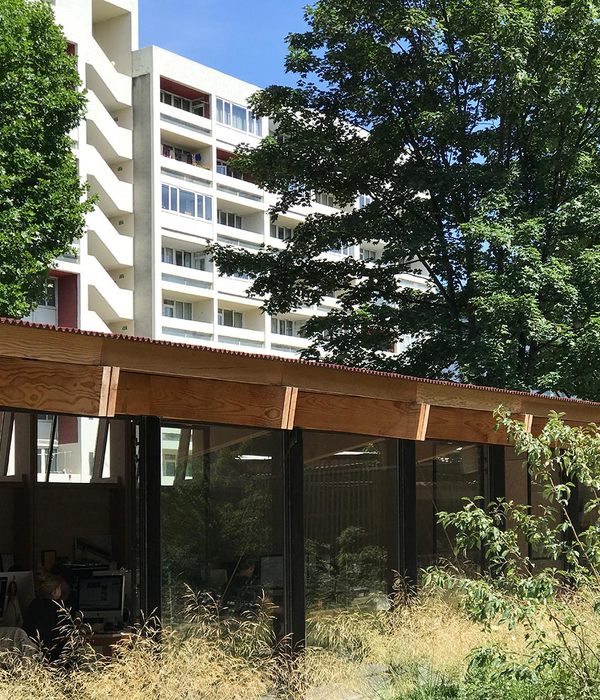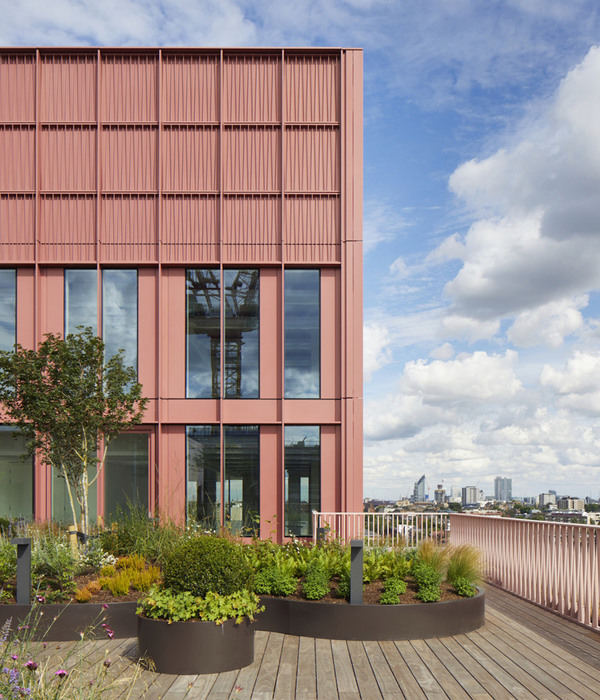由监狱改造的民用娱乐中心。帕伦西亚监狱是建于19世纪末的neomudéjar风格转承重墙建筑。主要由双层的四翼建筑和一些一层建筑组成。改造后的建筑专程为一个促进城镇社会和文化活动的中心。建筑师建议保留一些旧空间,创造一些新空间,适应更多的活动形式。既尊重原有建筑,又有当代感。自然光在设计当中有非常关键的作用。四翼全部翻新,内部清空,新结构承受着新地板和屋顶。新的楼阁连接着它们,并形成复杂的外观,但是给人以友好的感觉。开放大厅用锌板取代原有的瓷砖材料,制造天窗,形成更好的光环境。一个大的大厅连接着四翼。这个大厅非常透明,一些圆柱形的庭院为大厅提供采光。这里是整个中心的访问区和接待区,也是交通核心。在一个八角形的高空间中,天光从上洒下。人们使用这里的垂直交通到达各个区域。外墙,屋顶使用了玻璃,锌材,铝材。
The former Palencia Provincial Prison complex was created at the end of the XIX century, built with brick bearing walls following the “neomudéjar” style, and composed mainly of four two-storey wings and some other with one storey. On this building was planned a comprehensive refurbishment to transform the former use and convert it into a center that promotes the social and cultural activity in this part of the town.
Our proposal intends to convert the former prison into a meeting place, recovering some of the old spaces, and creating at the same time new structures that make possible the new planned activities. It is a project that respects the existing building, which is given a contemporary, lighter appearance, and where the natural light will play a key role.With this aim the main two-storey wings have been refurbished, emptying their interior and placing a new independent structure to bear the new floors and roofs. Besides, between the main wings have been built new connecting pavilions, which form the new complex perimeter and give it a modern and friendly aspect.
To introduce the light in the building we had to remove the old covered with tiles which were in very poor condition, and have been replaced by others of zinc that open large skylights which introduce light into the open halls of the Center.
The entire building is organized around a great hall that connects the 4 pavilions of the former prison. It is a diaphanous space based only on a few mild cylindrical courtyards of glass that illuminate and provide the backbone of the stay. Due to its central location in relation to the pavilions, this space acts as a nerve center and distributor of users, across the Pavilion access and reception, directed towards the rest of the areas of the Centre.
The hall gives way to the lateral pavilions where the auditorium and various music and art classrooms are. On the upper floor, under a large glass skylights, are two multi-purpose areas dedicated to more numerous groups.
In the area where is the cells of prisoners were, we placed the library. The reading rooms are articulated around a central space of high-rise under a lantern of octagonal shape that acts as a distributor for the different areas and that arrives vertical communication and control areas and offices.
Finally, access to the Centre are carried out through a very light and bright glazed perimeter that pretends to be a filter between the city and the activity of the interior. A structural steel beam travels abroad tying areas glazed with the former factory walls getting an alleged industrial air.
The use of metallic materials in all intervention, as the zinc in facades and roofs, glass and uglass in the lower bodies and skylights and the aluminium lattices as lightfilters also contributes to this.
EXIT ARCHITECTS
ÁNGEL SEVILLANO / JOSÉ Mª TABUYO / Eduardo Delgado Orusco
architects
AVDA. VALLADOLID Nº 26
34034 PALENCIA
location
MINISTERIO DE FOMENTO
AYUNTAMIENTO DE PALENCIA
clients
5.077 m2
area
9.675.038 EUROS
budget
2007
project date
2011
completion date
IMPULSO INDUSTRIAL ALTERNATIVO. ÁLVARO FERNÁNDEZ
quantity surveyor
NB35. JOSÉ LUIS LUCERO
structural engineers
GRUPO JG. JUAN ANTONIO POSADAS
mechanical engineers
MANUEL DÍAZ CARRETERO
light consultant
FG + SG FOTOGRAFÍA DE ARQUITECTURA
EXIT ARCHITECTS
photographer
MARIO SANJUÁN
IBÁN CARPINTERO
MIGUEL GARCÍA-REDONDO
SILVIA N. GÓMEZ
Collaborators
MORE:
Exit Architects
,更多关于他们
。
{{item.text_origin}}


